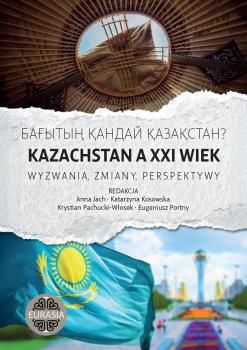Nieformalne struktury władzy w systemie politycznym Kazachstanu po Nursułtanie Nazarbajewie .......... 203
Synopsis
INFORMAL POWER STRUCTURES IN KAZAKHSTAN’S POLITICAL SYSTEM AFTER NURSULTAN NAZARBAYEV
After Nursultan Nazarbayev resigned as president of Kazakhstan in 2019, the country faced the challenge of redefining its political system, which had largely been based on his personal dominance. However, the changes in the power structures did not mean a complete break with the authoritarian legacy. As part of the political transition, new informal power structures emerged, which continue to play a key role in shaping state decisions. The most important mechanisms include relations between the military elite, the secret services and the oligarchs, who, despite formal changes at the top, remain the main political players. At the same time, the growing influence of younger generations of politicians and technocrats, including President Kassym-Jomart Tokayev, is introducing elements of modernisation and adaptation of Kazakhstan to contemporary political requirements. The article analyses the informal power structures in post-Nazarbayev Kazakhstan, their role in decision- making processes and their impact on the stability of the political system, pointing to the difficulties associated with full democratisation and consolidation of power in the country.





